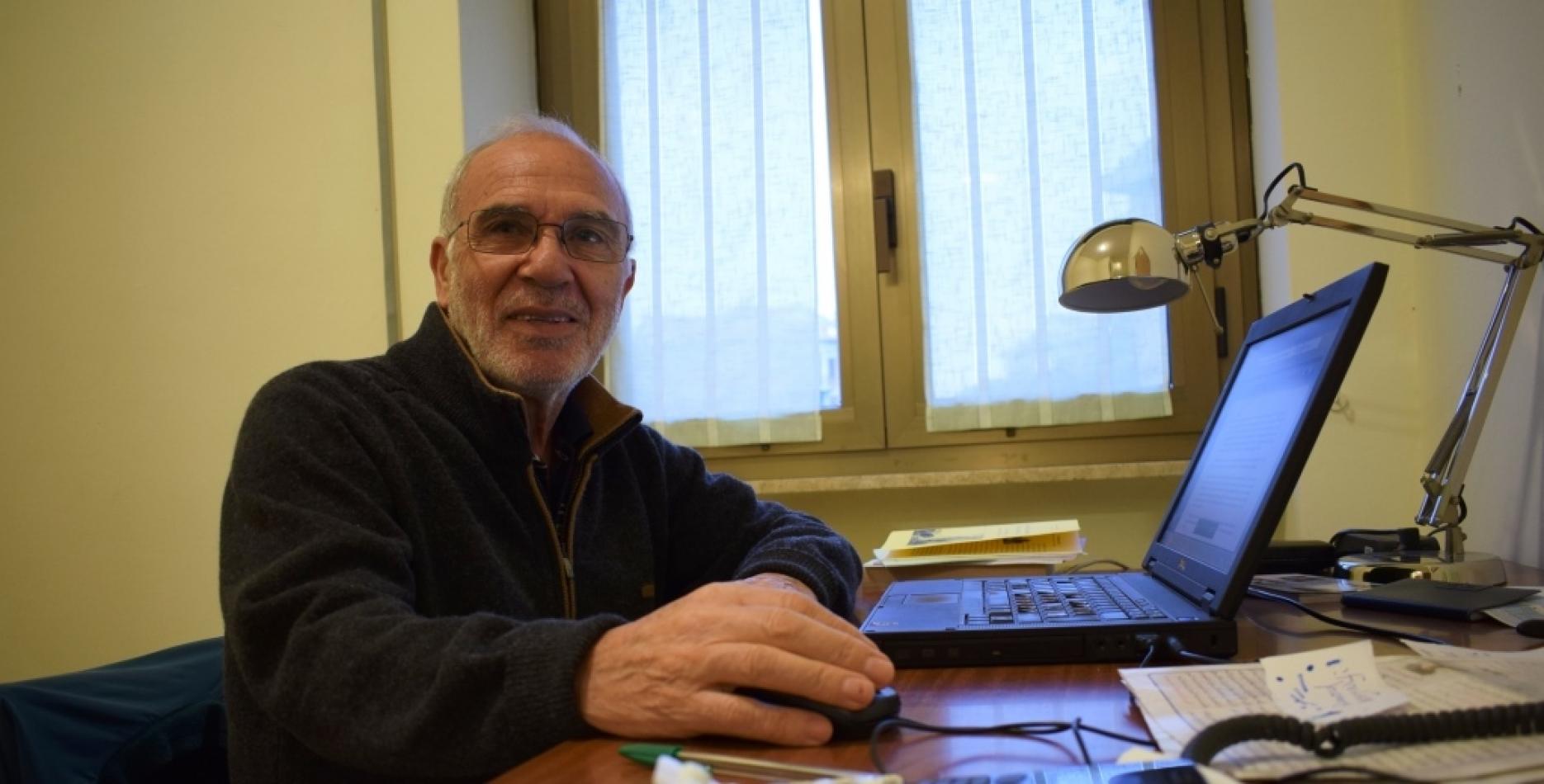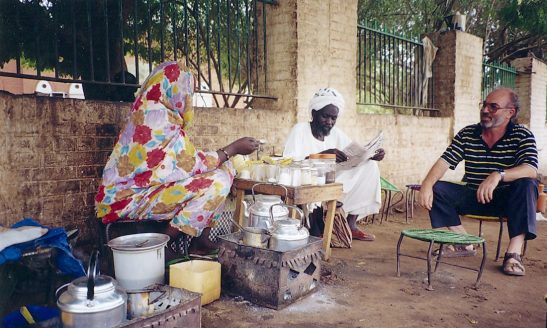Daniel Comboni
Comboni Missionaries
Institutional area
Other links
Newsletter
Monday, July 15, 2019
“As the song goes, ‘I wrote a letter, but don’t have anyone who will deliver it.” Actually, this letter has been ready for several days… but the Internet only started working today,” so writes Fr. Feliz da Costa Martins, a Comboni Missionary serving in Sudan for 27 years.
El Obeid, ‘arussat el rimal’,
the bride of the sand
Dear friends:
21 days have past since I arrived in my new mission of El Obeid. I had promised to write, but I wanted to do it when I had better news. And besides, since my arrival we had no chance to use the Internet. Authorities are supporting the military junta of Khartoum and cut off all communications. Thus, the delay of my letter.
Located in the central area of Sudan, El Obeid is a historic city, known for its suggestive and curious nickname of ‘arussat el rimal,’ the bride of the sand. However, these days the title does not necessarily reflect reality. The tanks parked along the streets make up the daily scenery. The soldiers are on a permanent state of alert as they try to avoid needless and suspicious gatherings of people. It is not uncommon also to find soldiers standing guard in front of bakeries and at gas stations where people form long queues all day long. And it is not rare to find out that, when your turn is up, the bread or fuel have been exhausted! On the other hand, despite the threatening military control over everything and everyone, everywhere on hears comments such as, “in the end, we are worse off than before… this is the way it has been for over 6 months.”
It is, however, in the heavily populated capital of the country that expectations are at their highest. At the market gate, one hears words of hope. A young man, dressed as a European, tells the bystanders: “I am very optimistic about what is going to happen tomorrow in Khartoum, the great strike and protest as a sign of civil disobedience.” “It will be a huge success – says a woman next to me, a beans saleswoman. Then goes on in a lively and proud tone: “This protest in the heart of Khartoum will be a march of millions. My daughter said so, who phoned me a short while ago. And she told me she herself and her coworkers will be there.” Then she turned t me: “and you, khauaja, (foreigner, what do you say? Don’t worry, the soldiers are on the other side of the market and can’t hear us.” But I did not have to answer because everybody else started laughing. But my answer is still in my head: hope does not give up, democracy is near.
However, we do not only have said news and the best is the one where I, too, am included: Jesus Christ and his Church stand in the midst of this people, where Christians are a minority, but not an insignificant one. I am very happy to be able to share my life with these people with so different customs and religious tenets. What impresses me is that I am facing two religions (Christianity and Islam) living together in peace, even within the same family. This stimulates contacts with the people and makes inter-religious dialogue easier. Another aspect to be taken into account here is the missionary work among refugees, mostly Christians from South Sudan, our neighbors, still threatened by armed conflicts.
I do not consider myself new in Sudan, where I have spent 27 years as a missionary. However, the arussat el rimal, the bride of the sand, with its mostly Nuba population, is an area with special challenges. As a member of the Comboni community living in this city, I thank God for my three companions (2 Italians and one Congolese) who do not spare themselves in introducing me fully into all the sectors of the missionary work needed in these places so much in need of evangelization.
Tuesday, July 9, 2019
Feliz da Costa Martins
Comboni Missionary in El Obeid, Sudan





